Slovakia
Slovakia is unitary state composed of municipalities (obec) and self-governing regions (samosprávny kraj).
CEMR in Slovakia – Association of Towns and Communities of Slovakia (www.zmos.sk)










Local governments
The local council (obecné zastupiteľstvo in municipalities, mestské zastupiteľstvo in cities and miestne zastupiteľstvo in city districts) is the local authority’s deliberative body. It is composed of members elected by direct universal suffrage for a period of four years.
The local board (obecná rada in municipalities, mestská rada in cities and miestna rada in city districts) is the mayor’s consultative body and the local council’s executive body. Its formation is optional and its members are elected by and from within the local council. The municipal board has the power of initiative, control and executes the tasks according to local council decisions.
The mayor (starosta in municipalities and city districts and primátor in cities) constitute the community’s highest executive body and statutory representative. He/she is elected by direct universal suffrage for a four-year mandate and chairs both the local council and the local board.
Municipalities can gain city status upon request and as long as they meet the criteria specified within municipal law.
Bratislava and Košice have two tiers of self-government: the magistrate (magistrát), which represents the city as a whole, and city districts. These city districts are responsible for issues of local significance such as urban planning, local road maintenance, budget, local ordinances, park maintenance and public safety.
Municipalities may perform certain duties in the name of the state - transferred performance of the state administration, mainly regarding office registrations, construction permits and some aspects relative to education, though the state remains responsible for the quality and funding of such duties.
-
Transferred competences (transferred performance of the state administration):
- Pre-school and primary school
- Building regulations
- Local Road
- Housing – State housing development fund
- Office registration
- Residence report and population register
- Elections and referendum
- Environment – surface and groundwater, air protection, nature and landscape protection, flood protection
- Social services
Original competences:
- Pre-school and primary school
- Territorial planning
- Geodesy, cartography and real estate cadastre
- Social services and assistance
- Financial management
- Administration of local taxes and fees and administration of municipal property
- Road maintenance
- Public transport
- Public lightning
- Environment - Water supply, Sewage and municipal waste,
- Culture and sports
- Health
- Funeral
- Security
- Fire protection
- Local development
Municipalities may perform certain duties in the name of the state - transferred performance of the state administration, mainly regarding office registrations, construction permits and some aspects relative to education, though the state remains responsible for the quality and funding of such duties.









Regional governments
The regional council (zastupiteľstvo samosprávneho kraja) is the region’s legislative and decision-making body and is composed of members elected by direct universal suffrage for a four-year term.
The commissions (komisie) may be established by the regional council and act as its consultative body with the power of initiative and control. Commission members are elected by and from within the regional council.
The president (predseda) is elected by direct universal suffrage for a four-year mandate. He/she is the self-governing region’s representative and statutory body, and chairs regional council meetings.
Self-governing regions may perform certain duties in the name of the state, mainly regarding education, healthcare and transport.
-
- Regional road network
- Land development
- Regional development
- Secondary education
- Hospitals
- Social services
- Culture
- Participation in civil defence
- Licences for pharmacies and private physicians
